A proper diet is vital for beautiful Labrador dogs’ growth, and growth. Labrador diet plans vary throughout their life stages from puppyhood to senior age.
Labrador Diet Plans at Puppy Stage(0-12 months)

1- High-Quality Puppy Food
- Always choose a puppy food that specifically contains the formulas for large breeds to help in their rapid growth.
- The food must have a balanced blend of protein, fats, and, carbohydrates.
- Also, include chicken or beef in their food which is a source of protein.
2- Protein and Fat
It’s important to note that puppies require a higher percentage of protein and fat in their diet compared to adult dogs. The ideal amount of protein for puppies is between 22-32%, while the recommended amount of fat is between 10-25%. Adequate protein and fat intake is crucial for a puppy’s growth and development, as they need these nutrients to support healthy muscle and tissue growth, brain development, and energy levels. Therefore, it’s crucial to ensure that your puppy’s diet includes the appropriate amount of protein and fat to support their overall health and well-being.
3- Calcium and Phosphorus
The minerals that we referring to are essential for the growth and maintenance of healthy joints and bones. These minerals are crucial for the formation of bones, as well as for the proper functioning of joints. They aid in the development of strong bones and help prevent bone-related diseases like osteoporosis. Additionally, these minerals help to improve joint flexibility and reduce the risk of joint injuries. It is crucial to incorporate these minerals into your diet to ensure proper joint and bone health.
4- Feeding Schedule
During the early stages of their life, puppies have high energy needs and require a well-balanced diet to support their growth and development. As a general rule, puppies should be fed three times a day until they reach six months of age. After that, they can transition to a twice-a-day feeding schedule. It’s important to choose a high-quality puppy food that provides all the necessary nutrients and meets their individual needs based on their breed, size, and activity level. Proper nutrition during this critical period can help prevent health problems and ensure that your puppy grows up healthy and strong.
5- Portion Control
When feeding your puppy, it’s important to always refer to the instructions that are present on the puppy food packages. These instructions take into account your puppy’s age, weight, and breed, and provide guidelines for the appropriate amount of food your puppy needs to consume each day. Additionally, it’s recommended that you adjust your puppy’s food intake based on their activity level and growth. For example, if your puppy is very active, they may require more food than a less active puppy. Similarly, if your puppy is going through a growth spurt, they may need more food to support their growing body.
Labrador Diet Plans at Adult Stage( 1-7 years)

1- Food for Adult (7 year old) Labrador
As dogs mature and reach adulthood, their dietary needs change. To ensure optimal health and well-being, it’s recommended to feed them a balanced dog food that contains a higher percentage of protein and fats. For adult dogs up to 7 years old, it’s suggested to feed them a diet that includes 18-25% protein and 8-15% fats. This will provide them with the necessary nutrients to help maintain lean muscle mass, support energy levels, and promote healthy skin and coat. Choosing a high-quality dog food brand that meets these nutritional standards can help ensure that your furry friend stays healthy and happy throughout their adult years.
2- Joint Health Supplements
To improve the joint health of your loved ones, you may consider adding joint supplements such as glucosamine and chondroitin to their diet. These supplements can help reduce joint pain and inflammation, improve mobility, and promote overall joint health. Glucosamine is a natural compound found in the body that helps build and maintain cartilage, while chondroitin is a component of cartilage that helps it retain water and stay flexible. By taking these supplements regularly, your loved ones can potentially experience fewer joint problems and lead a more active and pain-free lifestyle.
3- Weight Management
It is common for Labrador Retrievers to gain weight easily, leading to obesity. As a result, it is important to keep an eye on their weight and adjust their food portions accordingly. Providing Labradors with a healthy diet and exercise routine is crucial in maintaining their overall health and wellbeing. By monitoring their weight and adjusting their food portions based on their activity levels, Labradors can maintain a healthy weight and avoid health issues associated with obesity.
4- Omega-3 Fatty Acids
To promote a healthy coat and skin for your furry friend, consider adding foods rich in omega-3 fatty acids to their diet. Omega-3 fatty acids are essential nutrients that can help reduce inflammation and improve the overall condition of the skin and coat. You can find omega-3 fatty acids in a variety of foods, including fish oil, flaxseed, and fatty fish like salmon. By incorporating these foods into your pet’s diet, you can help them maintain a shiny and healthy coat, as well as reduce the likelihood of skin irritation or other skin-related issues.
Labrador Diet Plans at Senior Stage( 7 years)
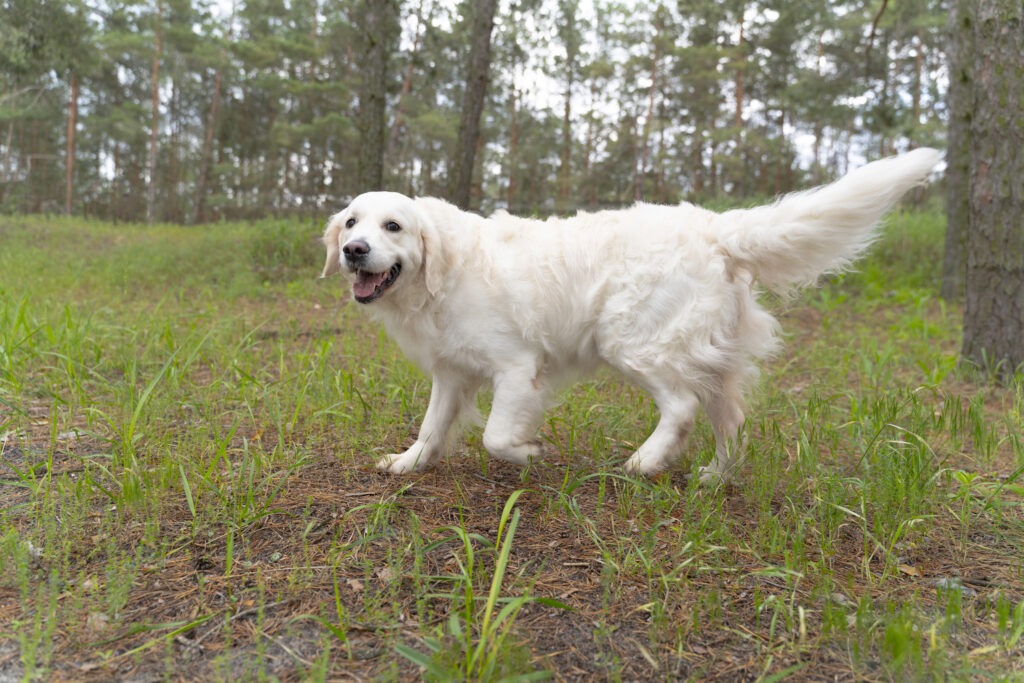
1- Labrador Diet Plans at Senior Stage
During the growth stage of your dog, it is important to use food that is specifically formulated to meet their nutritional needs. These types of diets are specially designed to provide the necessary nutrients required for your dog’s healthy growth and development. In addition, they often contain additional joint support to help maintain your dog’s mobility and prevent joint-related issues. Therefore, it is crucial to choose a high-quality, balanced diet to ensure your furry friend gets the best possible nutrition during this critical period of their life.
2- Reduced Calories
Due to the natural changes that occur as we age, our bodies tend to become less active and our metabolism slows down. As a result, it becomes increasingly important to reduce the amount of calories we consume on a daily basis. This can help us maintain a healthy weight and prevent the development of certain health conditions that are associated with excess weight, such as diabetes, heart disease, and high blood pressure. By making small changes to our diets, such as reducing portion sizes, choosing healthier food options, and limiting our intake of high-calorie snacks and beverages, we can improve our overall health and well-being as we age.
3- Regular Vet Check-ups to Maintain Labrador Diet Plans
It’s important to establish a regular schedule for your furry friend’s veterinary check-ups to ensure their overall health is in good condition. Regular check-ups can help detect potential health issues early on and prevent more serious problems from developing. Additionally, you should pay attention to your pet’s dental health by checking for any signs of decay or gum disease. Regular dental check-ups and cleanings can help prevent dental issues from developing and maintain your pet’s overall health and well-being.
4- Hydration
As dogs age, they become more susceptible to dehydration, which can lead to several health issues. Therefore, it is crucial to ensure that senior dogs have access to fresh and clean water at all times. This is particularly important for large dogs, as they require more water to remain hydrated. Providing water regularly can help prevent dehydration and other related health problems, thus ensuring that your senior dog stays healthy and happy.
General Diet Tips for Labrador Diet Plans
- It is important to ensure that your dog has access to fresh water at all times. This means regularly checking their water bowl to make sure it is clean and filled up with fresh water. Dehydration can cause serious health problems in dogs, so it is crucial to make sure they have access to water at all times.
- While it may be tempting to give your dog table scraps, it is important to avoid doing so. Many human foods can be harmful to dogs, and table scraps can lead to digestive issues or even poisoning. Stick to a healthy, balanced diet of dog food and treats made specifically for dogs.
- Regular exercise is essential for maintaining your dog’s overall health and preventing obesity. Just like humans, dogs need physical activity to stay healthy and to burn off excess energy. This can include activities like walks, runs, playing fetch or swimming. Aim for at least 30 minutes of exercise per day, but consult with your veterinarian to determine what is best for your individual dog based on their breed, age, and health status.
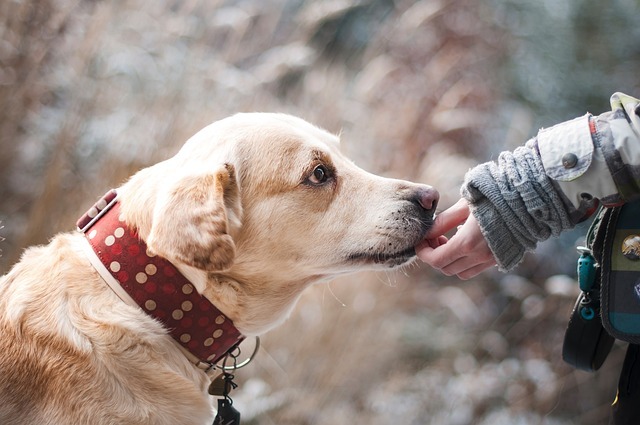
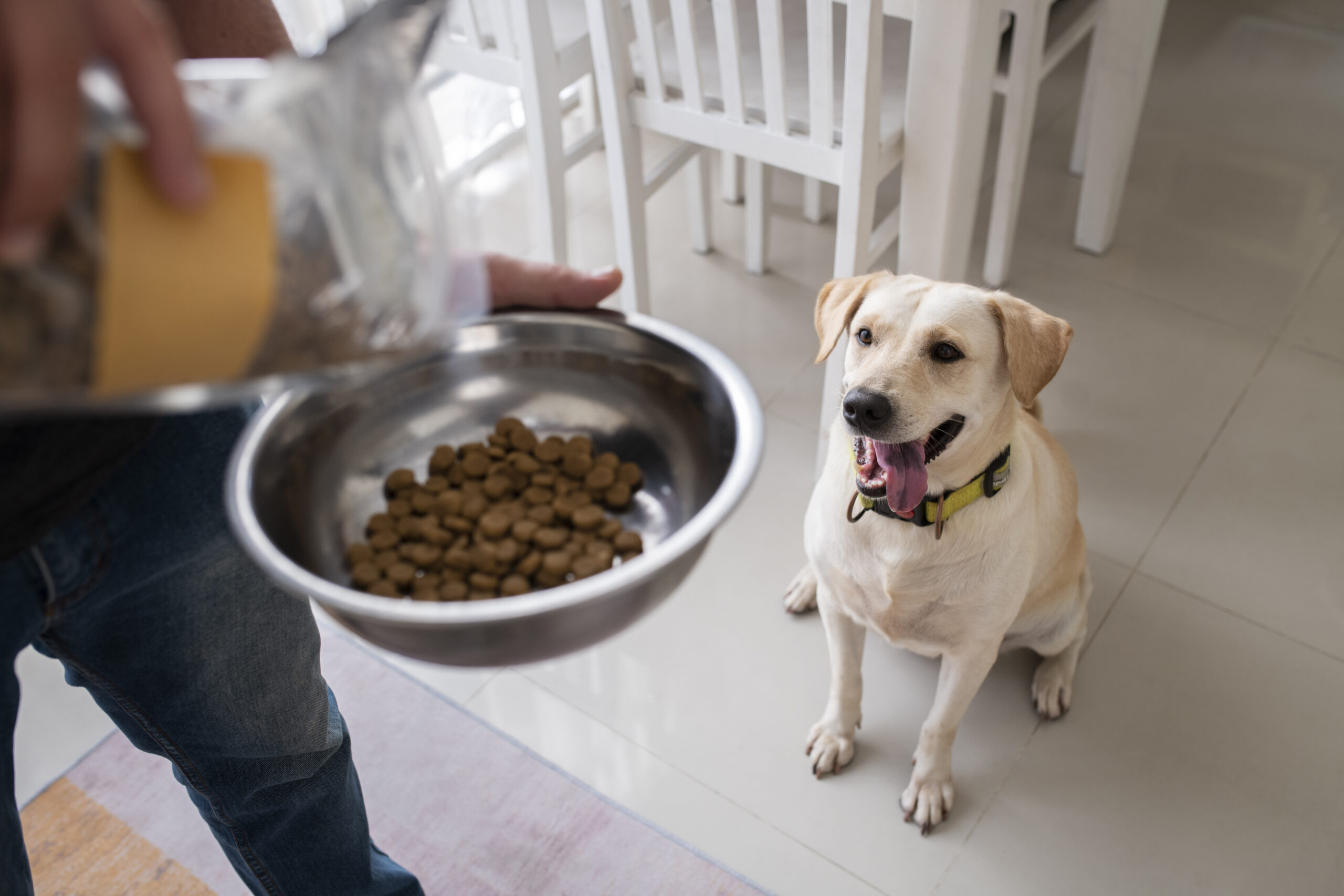
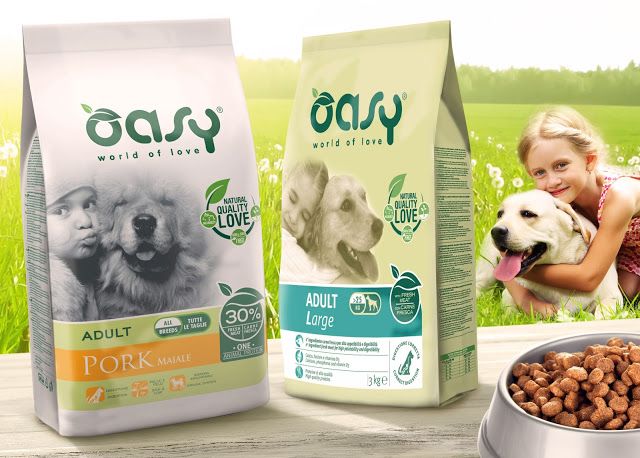
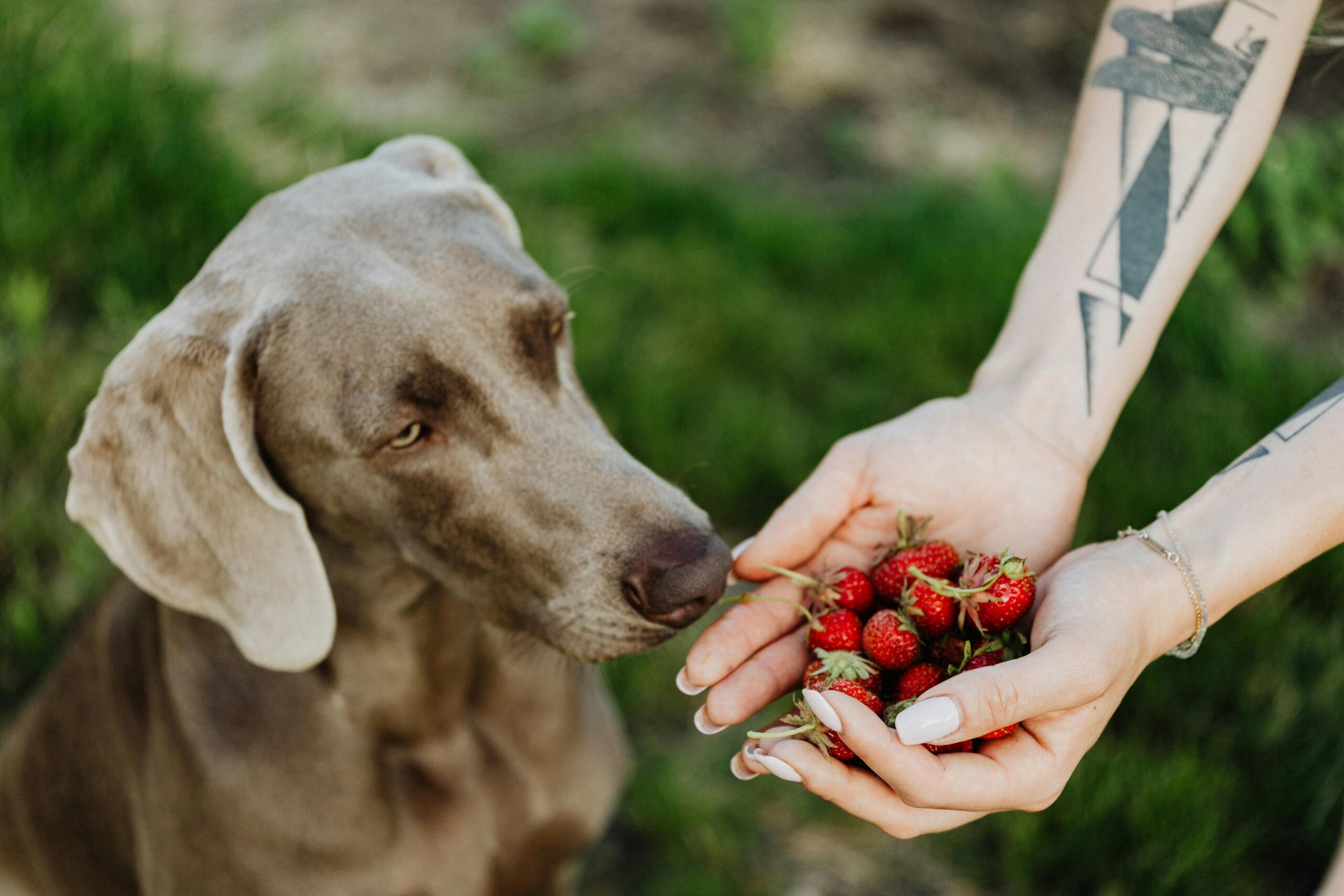
Your point of view caught my eye and was very interesting. Thanks. I have a question for you.